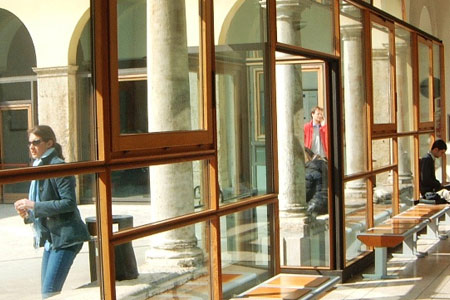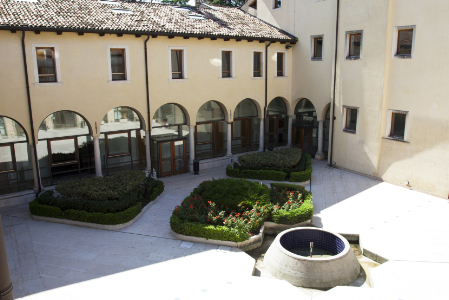The project «Close the deal, fill the gap» addresses the need to assess the interaction and interdependencies between two different EU policy targets: the involvement of the social partners in the reduction of the GPG, on the one hand, the prompting of higher level of de-centralisation in the bargaining process, on the other hand.
This analytical process is meant to lead to the identificatison of the variables that affect the possibility for the social partners to play an effective role in the reduction of the GPG and to the elaboration of a set of guidelines that can support trade unions, employers’ associations and companies in the negotiation of arrangements on GPG-related issues.
These targets are to be met throughout an analytical process that features a multi-layered structure. Firstly, it involves a strongly multi-disciplinary approach, which comprises both labour-law/industrial relations/HR management and economic expertise, provided by the four partner Universities involved (Verona, London, West of England, Silesia) and by IRES, an Italian institute for economic and social research. Secondly, the project develops research on a transnational dimension across 3 different countries, thus requiring a comparative perspective. Specifically, the partner countries of the project (Italy, the UK and Poland) have been selected to reflect the widest range of diversity in the possible relationships between the model of industrial relations/degree of centralisation of collective bargaining/coverage of collective agreements and the rate of the GPG. Thirdly, the analysis will move from a macro perspective, aimed at reconstructing the relevant legal and economic frameworks of each partner country, to focus on a micro perspective, aimed at assessing the effectiveness of arrangements set by the social partners in the context of selected case-studies. This investigation will require the direct participation of the national social partners, which will be involved in the selection of the case-studies and in the monitoring of the assessment’s results. Fourthly, the analysis includes both theoretical and action/practice research: the findings deriving from the analysis and comparison of the legal/economic frameworks and, above all, of the case-studies will be translated into operative guidelines for the negotiation of GPG-related issues in the collective bargaining process. This process will involve an in-depth discussion with the Etuc, which will ensure the project’s outcomes a European-level relevance. Besides, this could enable the project to contribute to the future actions of the European social partners.
The project will ensure a wide dissemination of its findings, which include exchange of good practices and guidelines, by using a variety of tools and devices, such as a project website, a final roundtable in Brussels to convey the project’s outputs to key European networks and stakeholders, the publication of a monograph, policy briefs and the guidelines.







